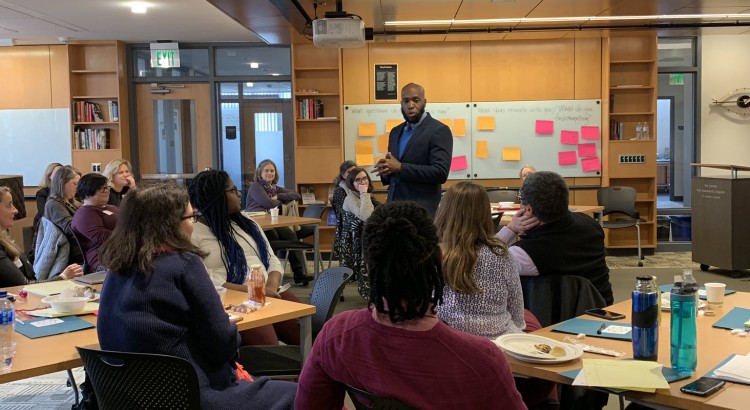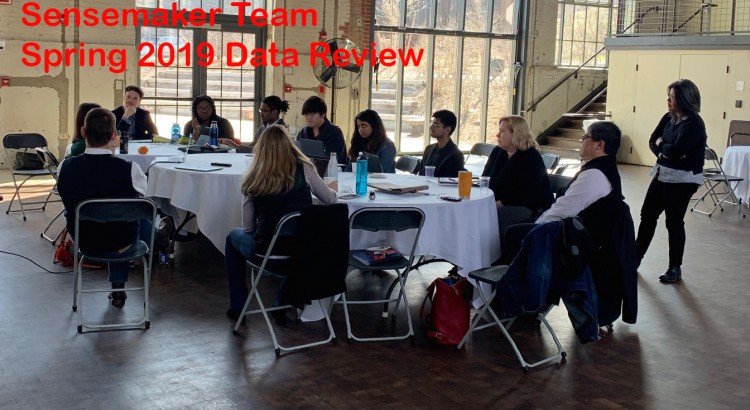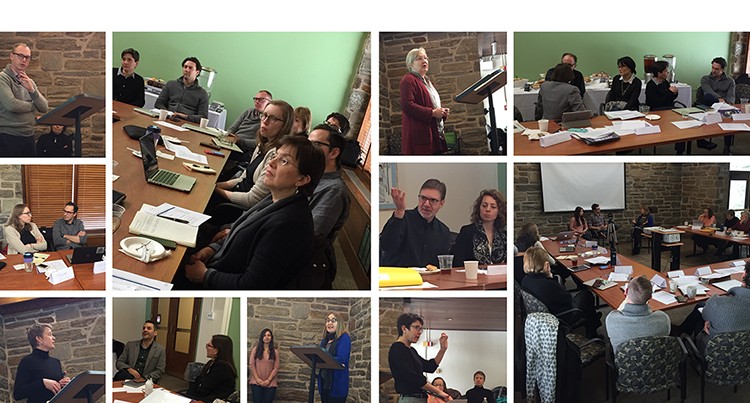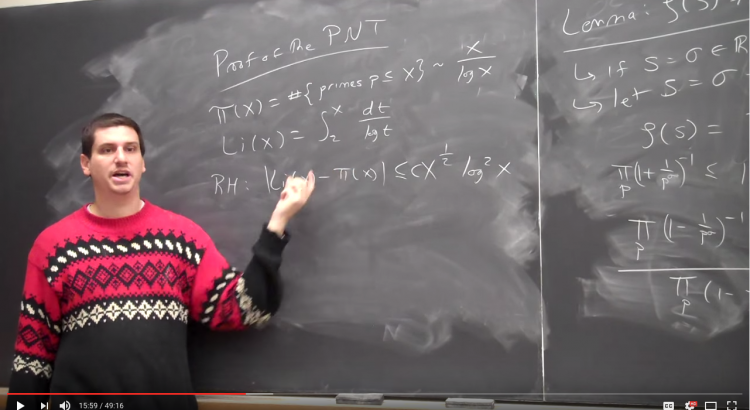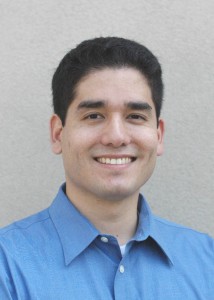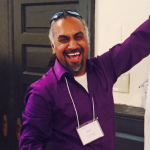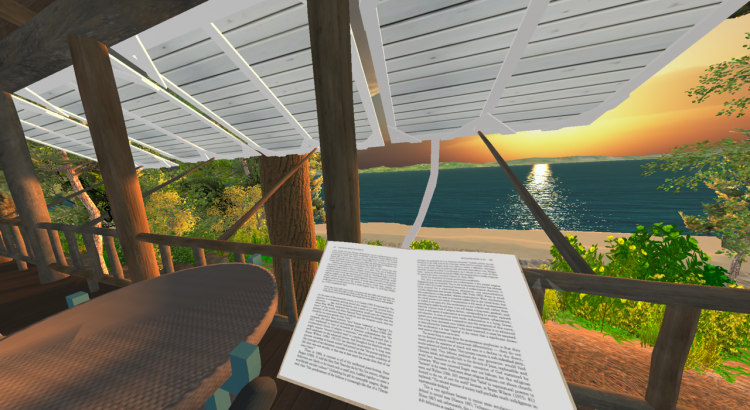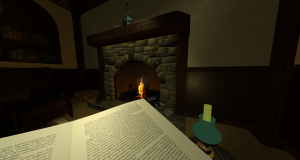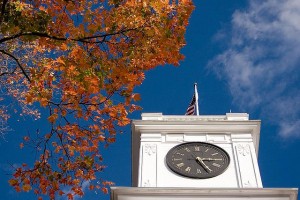DH, Social Justice, and Liberal Arts: Developing an online, multi-campus DH course through the LACOL consortium
Thursday, June 29 at 5:15pm-5:45pm EDT (online)
Beth Fischer1, Mackenzie Brooks2, Liz Evans3, Austin Mason4, Nhora Lucía Serrano5, José Vergara6
1Williams College Museum of Art, United States of America; 2Washington & Lee University; 3Liberal Arts Collaborative for Digital Innovation (LACOL); 4Carleton College; 5Hamilton College; 6Bryn Mawr College
Through a unique collaboration across peer colleges, LACOL’s Digital Humanities: Social Justice Collections and Liberal Arts Curricula has fostered a prodigious environment of original, collaborative research, undertaken by students as part of an interdisciplinary online course. First taught in 2021, the course will be offered for the third time during summer 2023.
Over eight weeks, the team of instructors introduces students from LACOL’s eleven partner schools to ways of working with digital humanities data, digital modes of humanistic inquiry, and specific approaches including text analysis and geographic analysis. Students work in teams, closely mentored by the instructors, to implement projects that use digital methods to explore historically and socially relevant topics drawn from their engagement with multiple campus archive collections, such as representations of BIPOC at PWIs in the 1960s and the documentation of women’s suffrage and environmental/climate movements across campuses.
In this presentation, the teaching team, course development collaborators, and the director of LACOL share how this course was developed and implemented, and the ways the partner schools have managed handoffs and transitions between their own institutions and this shared collaborative curriculum. We will address key components for the course’s success, especially how the model developed under LACOL might be enacted among institutions that do not have such a pre-existing framework and how the course has sparked ongoing student engagement with DH and social justice topics, and led to the development of new courses at partner institutions.
ACH Session #6B: Perspectives on Critical Pedagogy
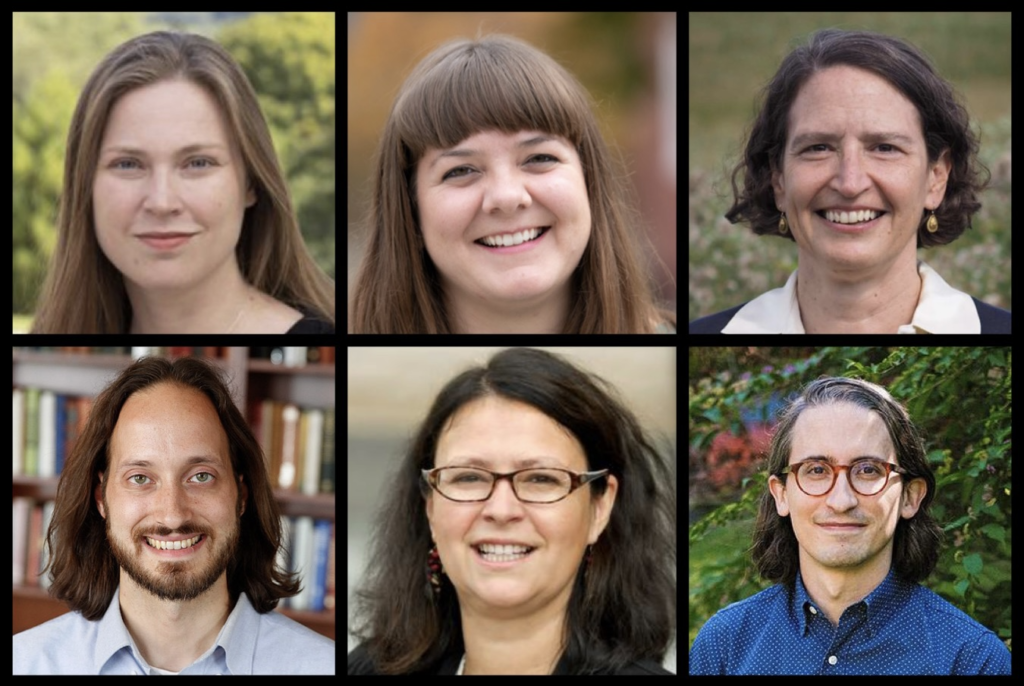
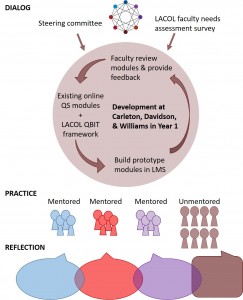 LACOL has been awarded an IUSE grant from National Science Foundation for a project titled, “
LACOL has been awarded an IUSE grant from National Science Foundation for a project titled, “